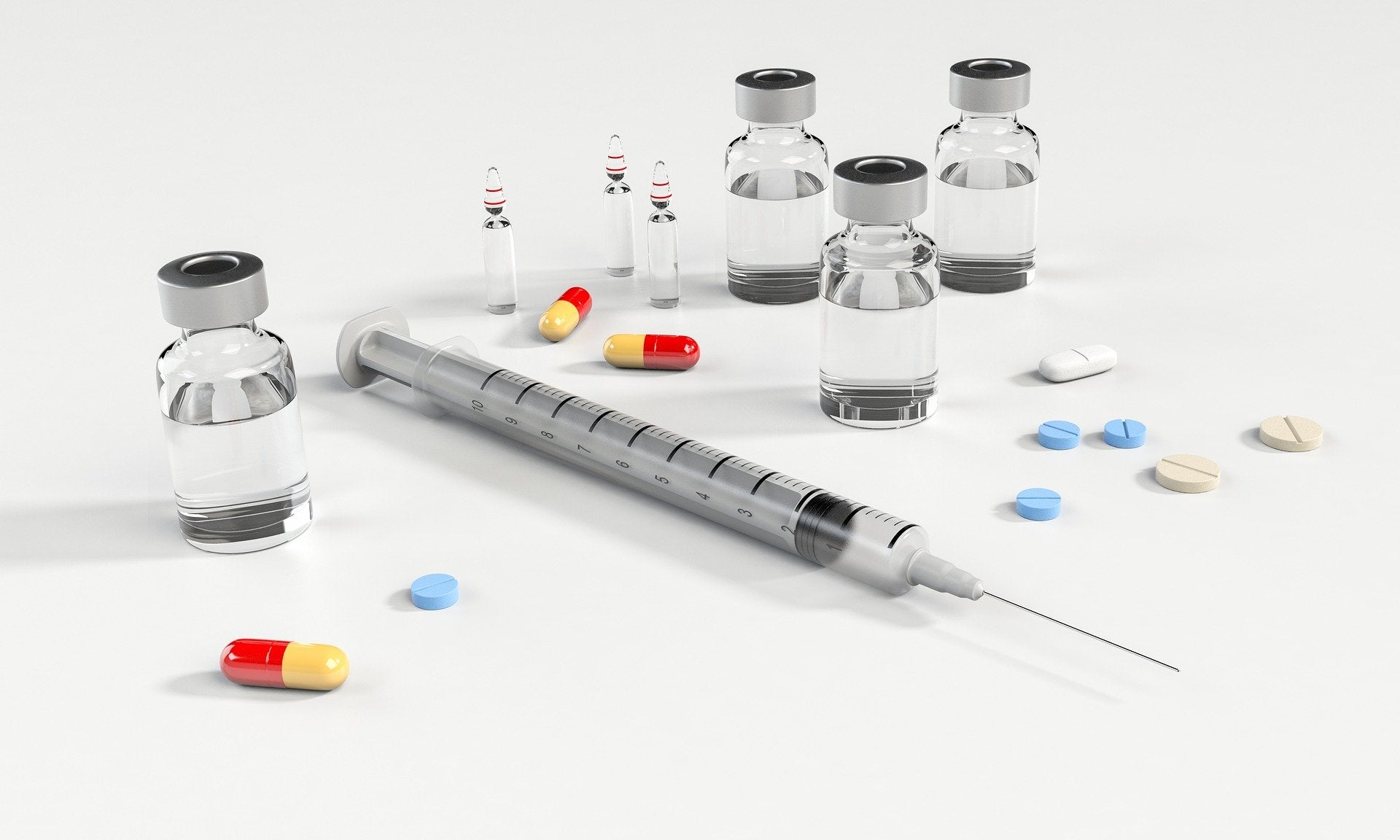
Senhwa Biosciences has dosed the first subject in a clinical trial of Pidnarulex as a potential treatment for solid tumours with Homologous Recombination (HR) gene mutations.
The first patient in the Phase Ib trial was dosed at the Princess Margaret Cancer Centre in Toronto, Canada.

Discover B2B Marketing That Performs
Combine business intelligence and editorial excellence to reach engaged professionals across 36 leading media platforms.
Pidnarulex is a synthetically derived small molecule and is supplied as a lyophilised drug with intravenous administration.
The open-label, multicentre Phase Ib expansion study in the US and Canada is designed to find a tolerable dose of Pidnarulex in subjects with selected solid tumours with BRCA1/2, PALB2 and other HR gene mutations.
Furthermore, the selected dose will be utilised to conduct further Phase II trials of Pidnarulex.
Senhwa Biosciences chief medical officer Dr John Soong said: “We are very excited to begin enrolment in our Phase Ib clinical trial for evaluating Pidnarulex in patients with BRCA1/2, PALB2 and other homologous recombination gene mutations.

US Tariffs are shifting - will you react or anticipate?
Don’t let policy changes catch you off guard. Stay proactive with real-time data and expert analysis.
By GlobalData“This is an important milestone and marks a new paradigm in the treatment of cancers with specific pathogenic mutations.”
In a prior Phase I trial, Pidnarulex showed to have clinically significant and durable benefits in patients with specific tumour biomarkers such as BRCA1/2 and PALB2 mutations and platinum and other chemotherapeutic-resistant biomarkers.
According to the new guidance issued by the American College of Medical Genetics and Genomics (ACMG), people with PALB2 mutations should be monitored like those with BRCA mutations.
The experts have found that the PALB2 mutation is the third most critical breast cancer gene after BRCA1 and BRCA2 mutations and surges the risk of patients developing ovarian and pancreatic cancer.
Senhwa Biosciences CEO Tai-Sen Soong said: “The new guidelines for the PALB2 mutation not only raises the public’s awareness and provides guidance regarding how to manage that risk, but also validates that our hard work is going in the right direction.”
As BRCA1/2 deficient tumour cells are very sensitive to PARP inhibitor (PARPi) therapies, PARPi resistance is common in clinical settings.
Senhwa’s Pidnarulex acts on the G-quadruplex deoxyribonucleic acid structure to offer a treatment substitute to patients with resistance to PAPRi or other chemotherapies.
Last month, Senhwa concluded enrolment in Phase II investigator-initiated trial (IIT) of its oral drug, Silmitasertib, for Covid-19 treatment in the US.
A total of 20 subjects with moderate Covid-19 were enrolled at two clinical centres in the US.





